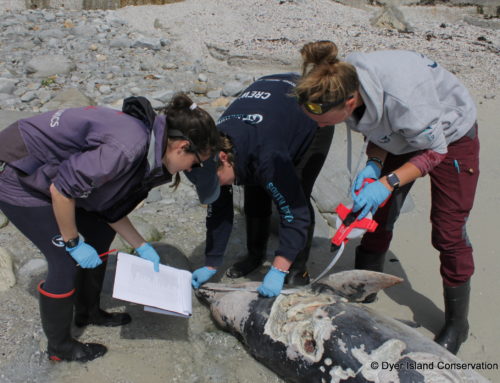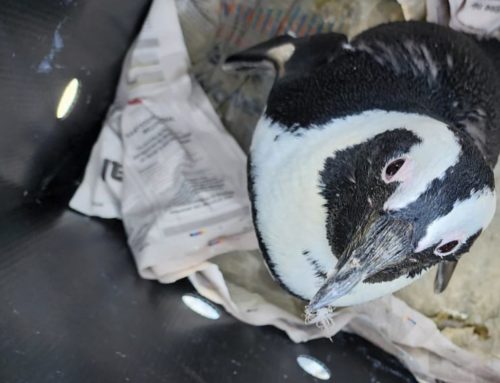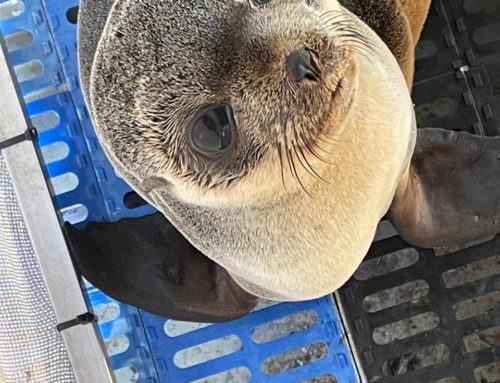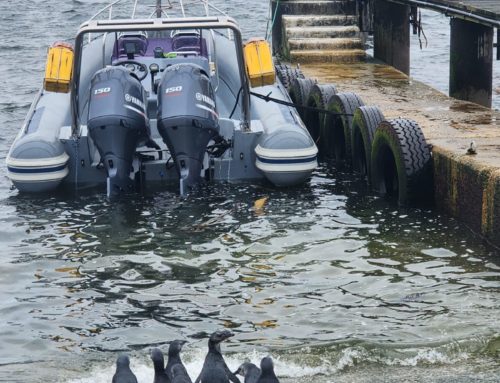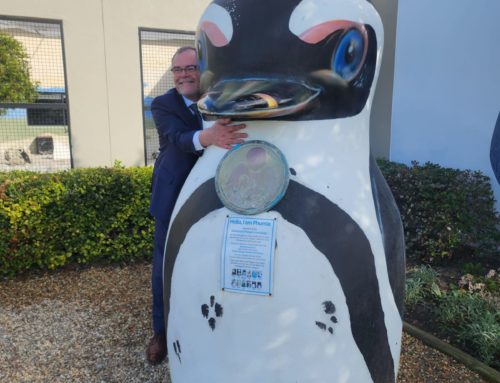Today we celebrate World Whale Day!So why whales and why today?
February 17, 2017 Meredith Thornton
Well, the annual celebration was founded in 1980 in Maui, Hawaii, in order to honour humpback whales, which are found in big numbers just off its coast. Whale Day is the main showcase of the Maui Whale Festival. Crowds stream to the island every year on this day to join in the free event which is organised by the Pacific Whale Foundation. They have a lot of fun, with a float parade with lots of costumed characters and activities for children and musical events from both Hawaiian and international stars.
Whales have evoked a range of emotions, actions and debates throughout the history of mankind. Many people view whales as a resource for food, oil, whale bone, fishmeal and other whale products, and in fact the industrial revolution would not have been possible without the oil from whales…so (sadly) we have whales to thank for our modern existence.
However, man is a greedy species and we were unfortunately overzealous in the numbers of whales that we killed…nearly decimating our blue, southern right and humpback whale populations. Whaling was declared illegal in the 1930’s but pirate whaling still continued until the 1960’s when it was finally stopped in South African for good. Nowadays, instead of this uncontrolled situation, we utilise our whales sustainably through a well-regulated boat-based whale-watching industry as well as aerial and shore-based whale-watching tourism. As South Africans we can be proud of how well this resource is managed.
World-wide there are about 90 species of whales, dolphins and porpoises and in South Africa alone we have nearly 40 of these of these! Many of our whales are seldom seen at sea because they are shy, or they occur in much deeper waters off the continental shelf, which means that some species of whales are only really known from strandings, when they wash out along our shore, dead or alive.
The reasons for these strandings are many and varied and are most likely a combination of a couple of factors. As humans we always want to know exactly why things happen, but when it comes to whale strandings we usually have to resign ourselves to the fact that we may never know for sure why the animal died.
Here in the greater Dyer Island area we are fortunate to have whales visiting our waters all year round. We have humpback and southern rights during autumn-spring and even deep into the summer months, depending on the prevailing environmental conditions, but we also have a more secretive giant, the Bryde’s whale, which is present all year round, feeding on locally abundant shoaling fish, like sardines and anchovy. Several times a year we also see dead stranded whales like pygmy and dwarf sperm whales, beaked and pilot whales.
If you ever come across a stranded animal please call us immediately on 072 598 7117 and tell us the locality, if the animal is dead or alive, the size of the animal (pace it out) and please take some photographs of the head and the overall body from the side. We will go out and attend to the stranded animal, helping it if at all possible, and to collect important scientific information that goes to universities, museum and government departments.





